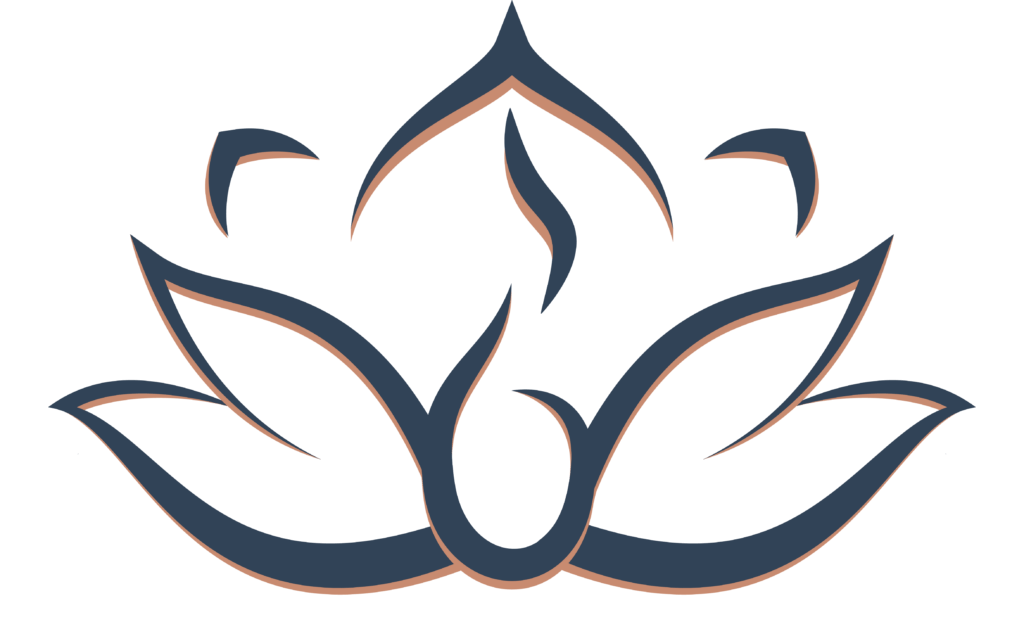
What Are EMDR Intensives?
An EMDR intensive is a focused block of therapy delivered across several days in a shorter amount of time when compared to traditional weekly therapy. It is a model of therapy that is different to what is done in the mainstream. Each day includes extended hours of therapy, giving you the chance to make progress along your therapeutic journey at a greater speed than you would with weekly therapy. EMDR intensive therapy will also use EMDR, which will help you to work through deeper blocks by processing memories, emotions, and bodily responses in a concentrated way.
Some therapists now offer “intensive therapy” blocks even if they aren’t EMDR-trained, but the difference with EMDR intensives is that you’re using a trauma-focused, evidence-based method. That means the time isn’t just longer – it’s clinically structured to reprocess trauma safely and effectively, giving you more than just “extended talking time.”
Benefits of EMDR in an intensive model:
- You’re using a therapy backed by NICE and WHO as a first-line trauma treatment.
- EMDR allows for deep memory reprocessing, not just insight or reflection.
- The intensive format ensures you build momentum, while EMDR ensures that momentum is directed toward lasting change, not temporary relief.
- Most EMDR intensives will follow the standard EMDR protocol, which has 8 stages. Although there is no guarantee about the ‘end point’, progress along those 8 stages will happen quicker and in a shorter amount of time than weekly therapy would allow.
Where weekly EMDR therapy builds momentum gradually, intensives create a retreat-like experience. The structure allows your EMDR therapist to support you through deeper work in a shorter timeframe.
EMDR Intensives vs Weekly Therapy: What’s the Difference?
Weekly Therapy
- Pace: Slow and reflective, with space between sessions to process.
- Structure: 50–60 minute sessions once a week.
- Best for: Those easing into therapy or who may be emotionally sensitive to longer sessions.
- Usually require 5-10 minutes to ‘warm up’ and review the weekly and then 5-10 minutes at the end to summarise, plan for and safely end sessions.
EMDR Intensives (2–5 Days)
- Pace: Therapy delivered in concentrated 2–6 hour blocks per day (depending on the intensive model)
- Structure: Deep-dive sessions, supported with careful preparation and follow-up.
- Best for: Busy professionals, clients seeking accelerated progress, or those wishing to avoid pauses in momentum.
- Less time is used for the traditional warming up and ending than in weekly sessions overall.
Are EMDR intensives better than weekly sessions?
Research suggests that 2–5 day EMDR intensives can be as effective, or more efficient, than weekly therapy, with studies showing outcomes equal to or better than weekly treatment, but achieved in a shorter timeframe (Frontiers in Psychology, 2018, QUB study, 2022).
The Role of NICE and WHO Guidance
When weighing up options, it helps to know that EMDR itself is strongly evidence-based.
- NICE (National Institute for Health and Care Excellence) recommends EMDR as a trauma-focused treatment for PTSD in adults, and for children and young people where CBT isn’t suitable (NICE PTSD Guideline, NG116).
- WHO (World Health Organisation) also recommends EMDR alongside trauma-focused CBT for PTSD in adults, adolescents, and children (WHO guidance summary – EMDR Association UK).
These endorsements make EMDR one of the few therapies officially recognised by major global health authorities.
Benefits of a 2–5 Day EMDR Intensive in the UK
- Efficiency: Months of therapy condensed into days.
- Continuity: No weekly gaps disrupting momentum.
- Practicality: Easier for those who can block out a few days in their calendars rather than attend weekly.
- Cost-effectiveness: Upfront fees are higher, but the overall investment can be similar or lower than long-term weekly therapy.
How Much Does EMDR Intensive Therapy Cost in the UK?
The cost of EMDR intensives in the UK varies depending on the practitioner who offers it. Prices will vary between:
- £1,200–£4,500 for a 2–5 day block (depending on therapist, location, and hours included).
- Packages usually cover assessment, preparation, intensive sessions, and follow-up support. Although these will need to be checked with each therapist as the package will vary.
Who Might Benefit Most From EMDR Intensives?
- High-achieving professionals struggling with burnout, imposter syndrome, or unresolved trauma.
- People with childhood adversity or grief who want focused, timely support.
- Clients who have tried traditional therapy but feel “stuck.”
Those seeking targeted work around a specific event (e.g. medical trauma, accident, or sudden loss). - Well-being practitioners or entrepreneurs who notice a block coming up in their career which they want to work through in a fairly short amount of time.
Are EMDR Intensives Right for Everyone?
Not always. Weekly therapy may be a better fit if:
- You need more time to process between sessions.
- Your nervous system finds extended sessions overwhelming.
- You’re at an early stage of therapy and still building trust with your therapist.
- You want to take time to build a rapport before opening up.
Frequently Asked Questions about 2-5 Day EMDR Intensives
Typically 3–6 hours per day, with regular breaks built in to ensure grounding and safety.
Yes. With the right preparation and safety plan, online EMDR intensives can be just as effective as in-person therapy. Dr Kaur offers online EMDR effectively with all of her clients.
Some people feel tired or emotionally tender in the days after an intensive. This is a normal response to deep processing and longer hours of processing. Your EMDR therapist will provide follow-up support and strategies to help you feel steady.
Yes, though readiness is important. Many people with complex trauma benefit from intensives, while others prefer a slower pace. Some may be seeing a therapist who does not specialise in trauma, and so they may want to use the intensive EMDR to focus on traumatic memories whilst continuing their work with their original therapist.
Preparation usually includes an assessment, stabilisation strategies, and practical planning (e.g. arranging a quiet space and recovery time afterwards). It is good to know what you want to work on, but this is something a therapist offering EMDR intensives will also help you figure out. Some therapists also offer a workbook to work through before the intensive, which can help the process of preparation.
The Growing Popularity of EMDR Intensives in the UK
Although not new, intensive trauma treatment is becoming more sought after in the UK. Busy professionals in particular often prefer focused therapy over months of weekly sessions. With NICE and WHO recognising EMDR as an effective, evidence-based treatment, it’s no surprise that many therapists are now offering intensive formats alongside weekly care.
Final Thoughts
Both weekly therapy and 2–5 day EMDR intensives in the UK are safe, evidence-backed ways to heal. The right choice depends on your needs, availability, and how you want to approach your trauma work.
Considering an EMDR intensive? Explore my Complete Guide to EMDR Intensives or book a consultation to see whether this approach could support your recovery.
References
Does this resonate with you?
Confidential online sessions – with no obligation.



